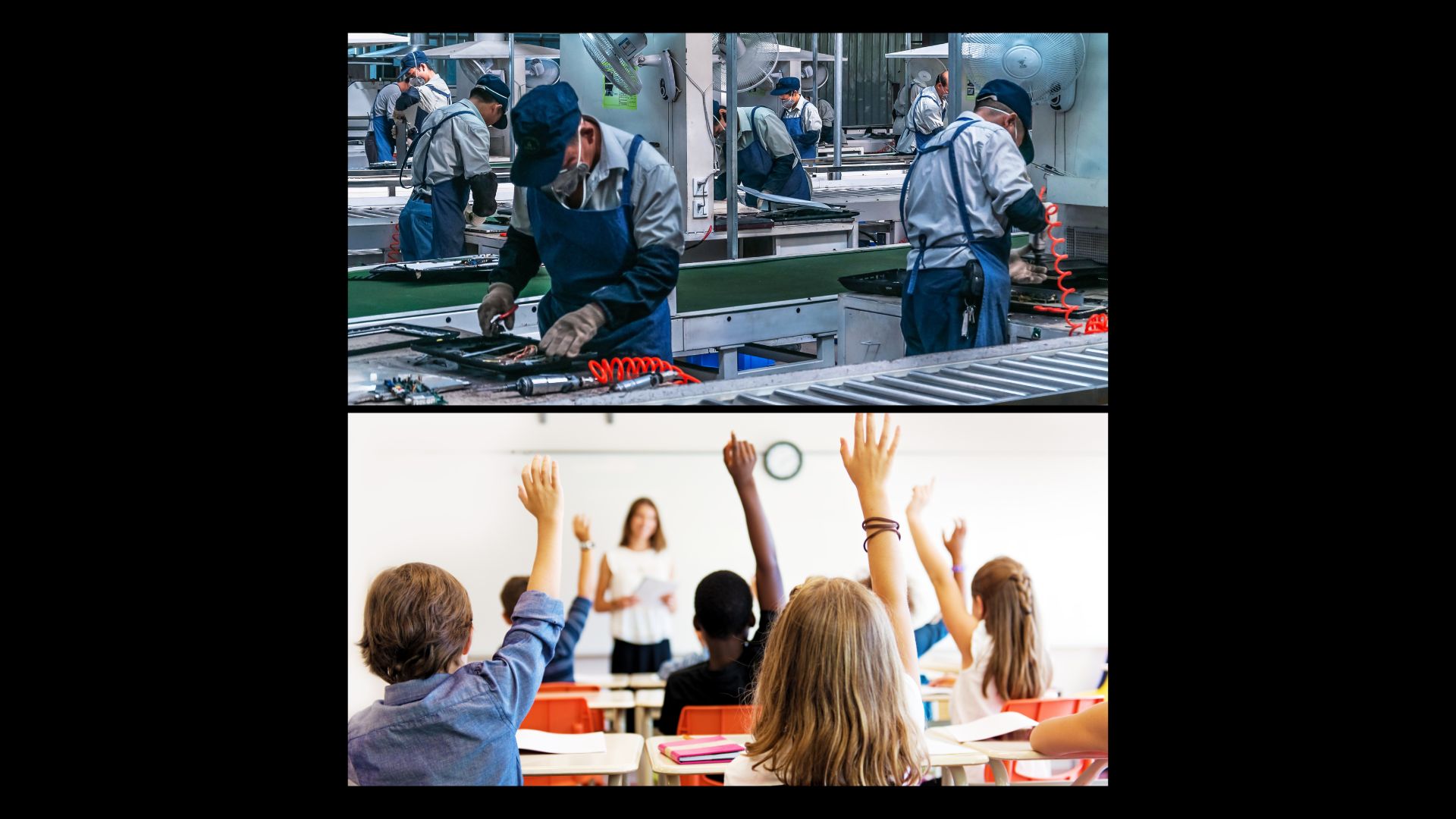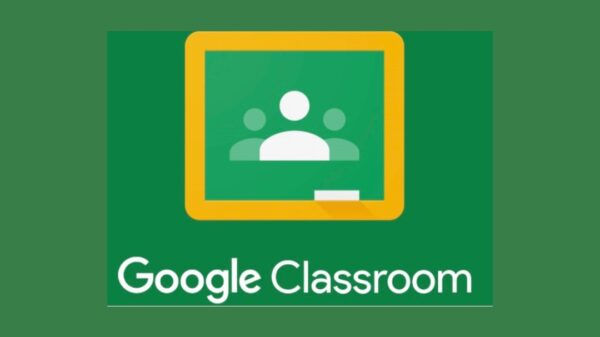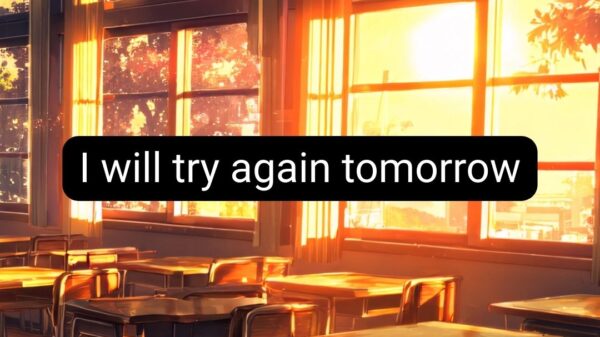Education in America has long been a topic of vigorous debate, with differing opinions on its purpose and who should shape how it’s taught. It’s no surprise that in our diverse society, such disagreement is part and parcel of the conversation.
You know, we have heard it said that American public schools are like factories, producing students like widgets with all the charm of a conveyor belt. It’s a catchy metaphor, conjuring images of bored kids stuck in fluorescent-lit rooms, memorizing facts about the War of 1812 while dreaming about their next school holiday. But let’s pause for a moment and ask: is this really true? Not really.
Education historian Jack Schneider, who sounds like the cool professor you would want to grab a coffee with, argues that schools weren’t built like factories at all. In fact, he suggests that the entire “factory model” story is just as accurate as saying my sister-in-law’s chicken salad recipe is a gourmet dish. Sure, it’s edible, but it’s not winning any culinary awards.
Now, don’t get me wrong—Schneider agrees that many students find school as exciting as watching paint dry. They’re bored, disengaged, and memorizing facts that vanish faster than last week’s leftovers. But he insists that the issue isn’t that schools are factory-like. It’s more about the inherent nature of schooling itself. Kids are hardwired to prefer socializing over learning, much like how a cat prefers napping over existential contemplation.
Schools have always had various structures and have adapted to meet different societal needs, and no single policy has dictated a factory-based design. However, let’s face it, if you were a teenager, would you rather dive into a textbook about algebra or scroll through your cellphone watching videos of dogs wearing sunglasses? Exactly. We readily acknowledge that the existing system has flaws.
Schneider also points out that schools have some factory-like features, such as grouping students by age and relying on standardized tests. But these are just symptoms of a bigger problem. You can’t simply fix it by redesigning classrooms or handing out iPads. The main issues, like students’ lack of interest in specific subjects and their natural dislike of hard work, won’t go away unless we face them directly.
So, how do we make learning less like a factory and more engaging? Well, Schneider has a bold idea: focus on teaching. Shocking, I know. It turns out that teachers who create supportive, engaging environments can help students connect with what they’re learning. They can transform classrooms into spaces of wonder, where students aren’t just passive receivers of information but active participants in their own education. Let our teachers teach!
In this exciting new world, teachers would not only foster curiosity but also allow students to explore their interests. They would transform the classroom into a vibrant playground of ideas, filled with puzzles, mysteries, and a generous dose of humor. Many effective teaching methods emphasize self-directed, hands-on learning to promote independence, concentration, and a love for lifelong learning.
Now, you might be thinking, “But what about all the innovative technologies? Shouldn’t we be flipping classrooms and blending learning?” Sure! Go ahead! Transform the school into a tech wonderland! But remember, at the end of the day, schools have complex systems that need time, care, and above all, great teachers who know how to connect with their students.
This quote, often attributed to Isaac Asimov, highlights that “education is a lifelong journey rather than a fixed endpoint.” Knowledge constantly develops, and learning never truly ceases. Even after formal schooling, we keep learning from experiences, books, conversations, and the world around us. The idea challenges the view that education is limited to schools and degrees, promoting a mindset of lifelong curiosity and growth.
The next time someone claims that schools are just factories for kids, remind them that it’s not about dismantling the factory; it’s about what happens inside it. Focus on creating those magical environments where learning flourishes instead of just rerouting the assembly line. After all, if there’s one thing we can all agree on, it’s that no one wants to be a widget.
JC Bowman is the executive director of Professional Educators of Tennessee, and a Contributing Editor to TriStar Daily.















